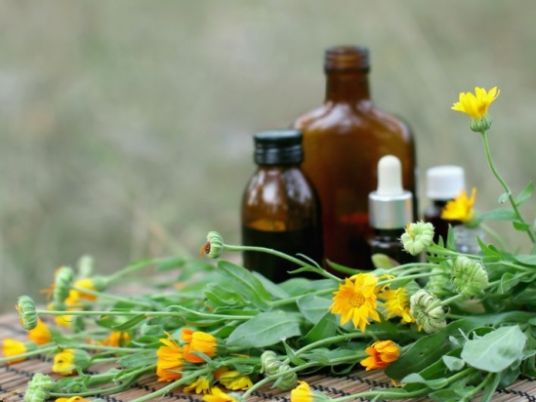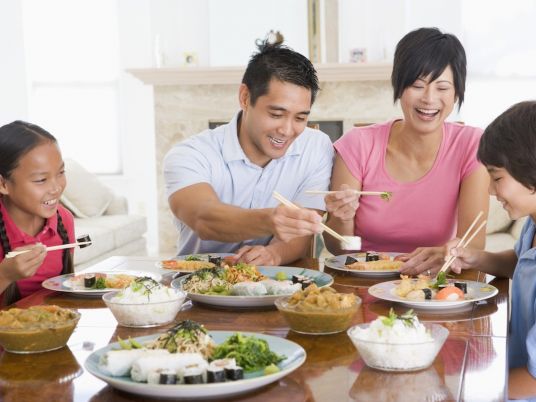
Long eclipsed by modern medicine, demand for aromatherapy with its sensual fragrances and soothing powers has surged as more people are attracted to natural products.
Fans of the plant-based essential oils as a means of tackling physical ailments and promoting emotional wellbeing have helped propel aromatherapy sales, which in France for example jumped by around 16 percent this year.
In Germany, aromatherapy has even made its way into hospitals for treating bedsores.
But the appeal for many users of the therapeutic essential oils, which can be administered in several ways including massage or inhalation, is the chance to take charge of their own wellbeing.
One company riding the wave of aromatherapy's rising popularity is Puressentiel, which has grown rapidly since its founding a decade ago.
It now employs about 100 workers and has five branches around Europe in Belgium, Britain, Italy, Luxembourg and Spain.
The family firm rang up sales of 70 million euros (US$78 million) last year and aims to better that by a fifth this year.
From the company's delicately scented headquarters in an upscale neighborhood of western Paris, Marco and Isabelle Pacchioni have ambitions to turn Puressentiel from France's leader in the field to the world's number one.
The company recently opened a subsidiary in Canada, and is now eyeing the massive US market.
In France alone, aromatherapy sales in pharmacies and other outlets came to 180 million euros for the 12 months from July 2014, a 16-percent jump compared with the same period a year earlier.
'Not treating illnesses'
With that growth fueled by a desire for natural products, Puressentiel sources its ingredients worldwide, which are then steam distilled. Its bestselling product boasts no fewer than 41 essential oils.
"We realize that the users of our products want to take charge of their shape, their well-being and their little everyday ailments," said Isabelle Pacchioni, whose mother was a herbalist and her father, a naturopath.
"They're asking themselves questions which for a long time have been hidden by a sort of lobbying by synthetic chemicals," she added.
Aromatherapy claims to offer preventive and healing remedies for a gamut of ills, such as colds, headaches, insomnia, fatigue, stress and insect bites.
Isabelle Pacchioni said aromatherapy fans were no longer seduced simply by the fact of using plant-based products, but needed to see that the products actually produced results.
But there are limits of what they can achieve. "We're not going to treat illnesses, but treat the environment" of those who are sick, Pacchioni said.
In Germany, around 30 hospitals employ essential oils for cleaning or preventing bedsores, especially in elderly people.
"We often notice that the costs are lower than with conventional pharmaceutical products," Monika Werner, a German specialist in alternative medicines and a speaker on aromatherapy, said.
"The view of many doctors has changed on aromatherapy, but the road has been long and there will always be sceptics," she added.
Don't look for miracles
But experts warn against the effects of the misuse or abuse of essential oils, not least because of the risk of dashed hopes.
"The trend for the public at large to go back to nature" can lead to a tendency "to go looking everywhere a bit for a miracle" said Anne Landreau, a biodiversity researcher at Nice University.
As a trained pharmacist, she also cautioned that essential oils, like medicines, are made up of active compounds which must be used in precise cases, following good guidance and in the correct quantity.
She does not advise their use for pregnant women and babies, for example.
She added, however, that a scientific study on essential oils that she carried out herself at the anti-poison center of a public hospital in Angers, western France, had concluded that it was simply not possible to say whether they were dangerous or not.
"It depends on their composition, the quantity used and reactions of each person," she added.


